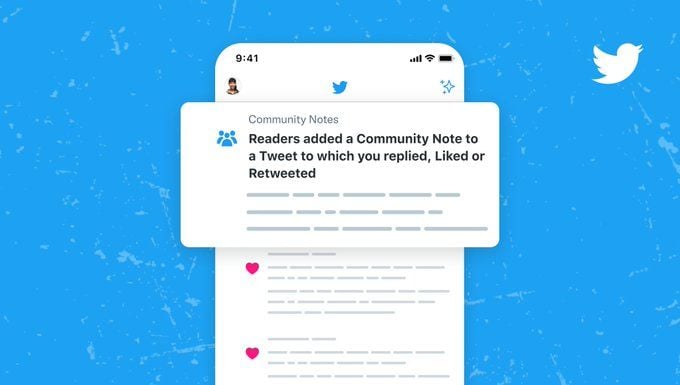Community Notes has been one of the more interesting elements of focus under Elon Musk’s revised Twitter project, with the feature formerly known as “Birdwatch” quickly becoming a key tool in Musk’s broader plan to enable the user community to moderate their own in-app experience.
In Musk’s view, Community Notes can play a key role in policing misinformation, and taking some of the more challenging content decisions out of the hands of X management, by enabling users to add contextual notes, and vote on them, thus letting users themselves decide essentially what’s true and what’s not.
As Musk has repeatedly noted:
“One person’s misinformation is another person’s information”
Musk’s view is that there is no central arbiter of truth, and as such, it’s the people who should decide on such, which is why Community Notes is so appealing.
Which, depending on your perspective, will have at least some level of validity. But at the same time you also have to wonder how advertisers feel about notes like this:

This has become a relatively common practice on X, with Community Notes participants adding explanatory notes to ads, which, in some cases, render the promotion itself almost worthless, as they literally direct users to a cheaper alternative option.
That can’t be great for X as a business, which is still down more than 50% in ad revenue per month, which has been the case since Musk took over at the app.
While Musk has sought to blame the ADL, and counter-campaigners for tanking X’s value in this respect, much of the actual blame likely comes down to decisions like this, along with Elon’s own propensity to weigh into controversial and divisive issues with his own statements.
Indeed, according to a new report by The Wall Street Journal, several major brands have also been hit with Community Notes amendments.
“Ads for brands from Apple to Uber have in recent months been called out for making allegedly false or misleading claims. Results vary. Uber deleted an ad with a critical Community Note, while Apple’s Community Note later disappeared when other members of the notes community weighed in against it.”
To be clear, the transparency, overall, is a positive, and I can see why Musk himself doesn’t mind advertisers being “community noted” as he says. Musk has also made a point that anyone in the app can be “noted”, even him, so it could be hard for him to backtrack on that, and let advertisers off the hook.
But even Elon has admitted that it’s not great for X’s bottom line.
It’s not super helpful for revenue tbh, but I love it
— Elon Musk (@elonmusk) July 28, 2023
Clearly, X is harming its own value by allowing notes to remain on ads, which will make more businesses increasingly hesitant to promote their products in the app.
Many users will see that as a positive, because if they’re going to use misleading promotions, they should expect to be held to account. But again, X’s ad revenue is down almost 60%.
At some point, something will have to change to reignite its fortunes on this front.
Still, Elon seems confident that once his “everything app” vision is realized, brands will have little choice but to resume ad spend, because the platform will become so popular and so ubiquitous that they’ll all want to be there regardless.
But that seems like a risky gambit, and at some stage, you would think that the X team would need to remove notes from promotions.
I suspect, given Musk’s public stances, that won’t happen. But at some point, saddled with billions in debt, and seeing its ad intake remain low, X is going to have to change its approach.



